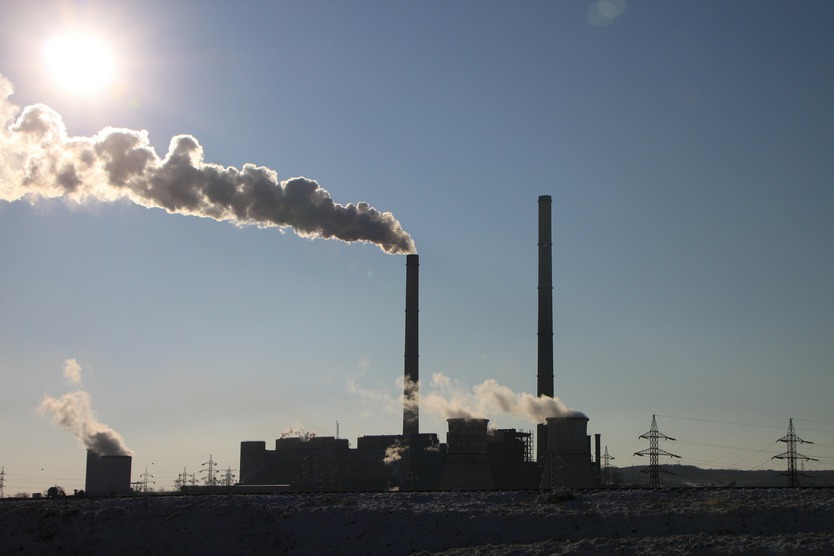
CO2 from industrial processes will become a valuable resource for sustainable fuels
Since the beginning of the energy transition, the percentage of renewable energies in the German electricity system has become higher than ever before, with new peak values being reached every year. In order to be able to store the fluctuating renewable energy in the medium term, power-2-gas plants are needed to convert the temporary power surpluses into chemical compounds. According to forecasts, an electricity storage volume of 20TWh will already be required in 2020 in order to guarantee the stability and security of the supply network. While the current electricity storage volume in Germany is 0.06 TWh, the storage volume for natural gas is already 230 TWh. The existing natural gas network is the ideal storage facility that can also store additional amounts of gas without the need for expensive conversions. These days it is already possible to produce hydrogen by means of PEM electrolysis and up to 10% can theoretically be added to the natural gas network. By adding CO2, methane can also be produced from hydrogen.
German companies are currently researching and subsequently demonstrating how this surplus electricity can be used in the transport sector. This was the reason a number of universities and companies came together in the E2Fuel project to investigate the possibilities of renewable fuel production.
In a sub-project, MAN Energy Solutions is retrofitting a ship’s engine that was previously operated with heavy fuel oil as is common in the industry. A new type of engine will now make dual-use possible and can be operated with both LNG and sustainable methane gas with a fluctuating hydrogen content. In the future, LNG can also be produced from hydrogen and CO2 using sustainably produced methane. In addition to building a demonstrator, the company is developing a methane catalyst that is supplied locally with hydrogen and CO2.
Independent of this, the Centre for Solar Energy & Hydrogen Research ZSW is investigating the potential of locally available CO2. Even though all combustion engines emit CO2, of course, the central major emitters are identified here. At conventional power plants, biogas plants or large chemical and industrial plants, CO2 is produced in tappable quantities. In future, the availability of CO2 producers in a region could determine what potential there is for sustainable fuels. As a result, ZSW will produce a map with the expected potential. Of course, the economic efficiency of sustainable fuel production will also be taken into consideration.
Siemens and its Power & Gas Division are also involved in research on the project. Their aim will be to analyse the process chain for the production of hydrogen and methanol and to improve the existing control and process technology. In addition, a technology roadmap will be drawn up to identify further research needs.
The Federal Ministry of Economy and Energy is supporting this research with subsidies from 2018 to 2021.


